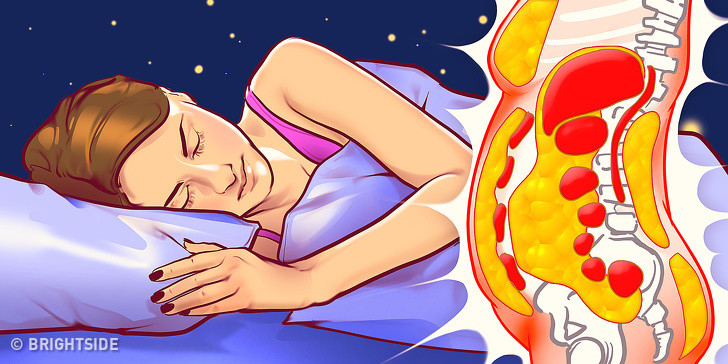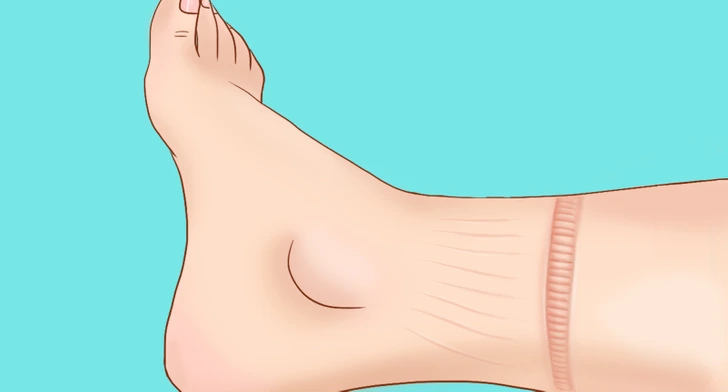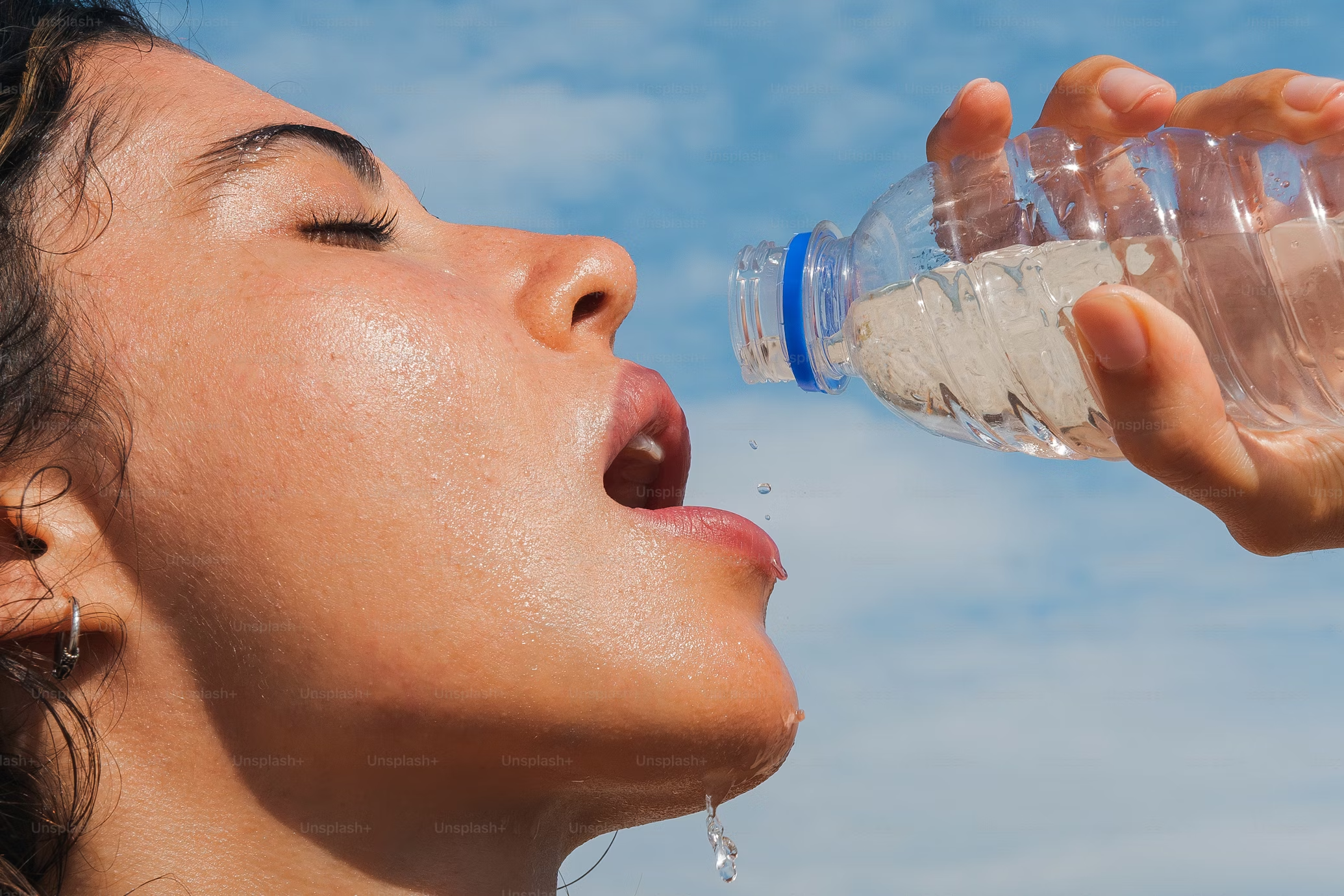There are many toxic substances in our homes that can be potentially harmful, including a plethora of toxic foods for pets and household pet toxins.
While the list is long, we wanted to know: What are five of the most dangerous — and perhaps unsuspecting — things in the kitchen readily available to dogs and cats that pet owners may not know about?
1. Coffee Pods, Beans and Grounds
The popular single-serve coffee pod brewers have turned our kitchens into instant coffee bars packed with those nifty coffee pods. Some of us like to keep them on the countertop for easy access. With the introduction of a variety of good-smelling flavors, these coffee pods are enticing to pets.
Coffee beans, grounds and brewed coffee contain caffeine, a very dangerous and toxic chemical to cats and dogs. Ingestion can be life threatening. According to the Pet Poison Helpline, a moderate amount of coffee can easily cause death in small dogs or cats. Be careful where you store your coffee — and your discarded grounds. Make sure your pet can’t gain access to what’s inside your trash can.
Other caffeinated substances to keep pets away from: chocolate, tea, tea bags, soda, energy drinks, weightlifter substances and diet pills.
2. Grapes and Raisins
According to Pet Poison Helpline, grapes and raisins have been known to cause acute kidney failure in dogs. Unfortunately, the reason for kidney failure and the amount of grapes/raisins necessary to be toxic to pets is unknown, so all cases of ingestion have the potential to be grave. Depending on the size of the dog, as little as four grapes/raisins can have an adverse effect on your fuzzy friend.
Pet owners should avoid leaving grapes and raisins on countertops and avoid giving dogs cookies that contain raisins, or even chocolate or yogurt-covered raisins as treats. It’s also important parents educate their children on what types of foods are not okay to feed Fido.
3. Oven Cleaners and Automatic Dishwasher Detergents
Also known as alkaline substances, oven cleaners and automatic dishwasher detergents have little odor or taste, making them easier to consume by curious pets. Those convenient dishwasher pods are often targeted by pets — and children.
Severe injury to the eyes, skin, gastrointestinal tract and respiratory system can be seen and require immediate decontamination, medication and supportive care by a veterinarian.
4. Xylitol
Xylitol is a sugar substitute commonly used in sugarless gum, certain cough medicines, children’s chewable multi-vitamins and a variety of nut butters.
It also used in many baked goods and candies. Xylitol is extremely dangerous to dogs. The effects of xylitol are immediate and can be very severe, often life threatening.
Signs of toxicity can be seen in as few as 30 minutes, says the Pet Poison Helpline.
Xylitol can also be found in a variety of toothpastes and there are a few peanut butter brands that now list xylitol as an ingredient.
While most of us know alcohol is bad for our pets, there are some who think it’s funny to share a beer with their pet. According to the Pet Poison Helpline, alcohol poisoning in pets is all too common.
You might be surprised to know where alcohol is hidden — and how your pet can become accidentally poisoned: Pure vanilla and almond extracts, certain brands of Dijon mustard, wine vinegar, wine-flavored cheeses, certain whipped creams, marinara sauces prepared with wine, chocolate truffles that may contain rum or bourbon, rum-soaked fruit cakes and unbaked dough.
When the yeast in the unbaked dough ferments in your pet’s stomach, it produces carbon dioxide and alcohol which is then rapidly absorbed into the bloodstream. Ingestion of alcohol can cause dangerous drops in blood sugar, blood pressure and body temperature. Intoxicated animals can experience seizures and respiratory failure
Photos Source: @Wikihow.com







Leave a Comment